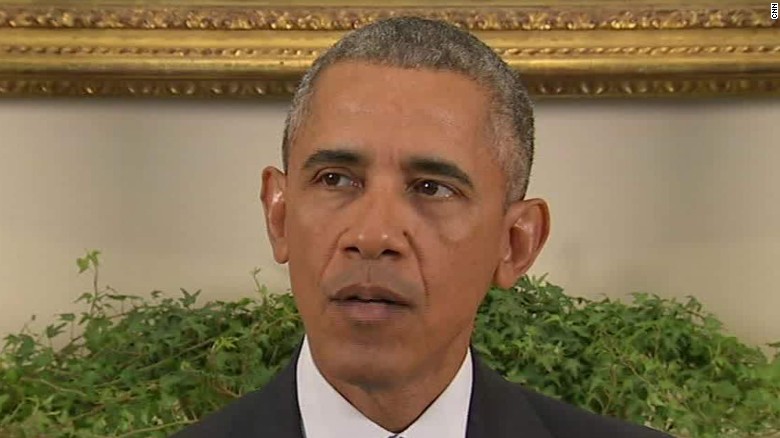President Obama’s announcement that 5,500 American troops would remain in Afghanistan after he left office did not sit well with the veterans who saw war-torn Afghanistan firsthand or the families who waited for them at home.
Brian Fletcher, a Navy veteran from central Ohio who participated in Operation Enduring Freeom and Operation Iraqi Freedom during his two tours of duty, told local news outlets that he doesn’t understand why it’s so essential for American troops to remain in Afghanistan for two or three additional years.
“Americans [are] putting their lives on the line every single day,” Fletcher said. “And, I don’t know what we’re trying to accomplish at this point.”
Fletcher’s skepticism was echoed by Kathleen Rogers, the mother of a soldier deployed in Afghanistan in 2014. “We both lived in crippling fear every second of every day that the notification team would show up on our doorstep and change our lives forever,” Rodgers told CNN. “I can’t imagine experiencing that again.”
Amy Bushatz, a military wife and the managing editor of Military.com, put it the most bluntly. “We’ve been at war for 14 years,” she said. “We’re exhausted.”
The decision to keep active-duty troops in Afghanistan ripples through the military community in ways policymakers don’t see. To keep 5,500 troops in a war zone is to tear 5,500 families apart. Studies show that children with deployed parents are more likely to engage in dangerous behavior during wartime. Combat veterans sport an unnervingly high suicide rate and risk developing PTSD or sustaining a life-changing physical injury, potentially hampering their future transition to civilian life. Meanwhile, 90 percent of military spouses are underemployed, making it more difficult for military families to stay afloat both during and after deployment.
Add in the stressors of troop sequestration, constant moves, declining salaries and lackluster VA support, and it’s no wonder everyone is so exhausted.




































